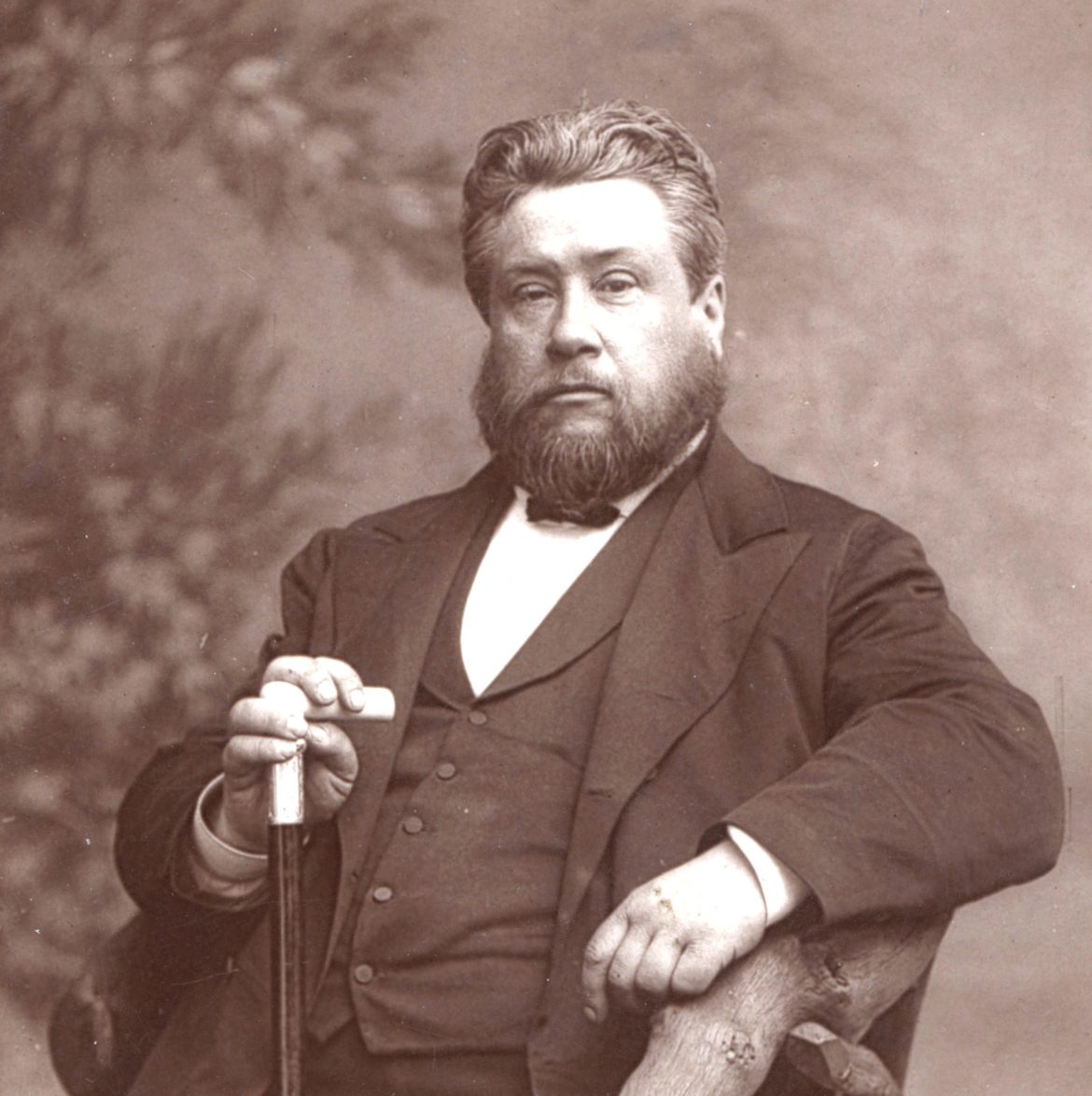Perhaps the most famous Christian depressive, Charles Spurgeon, in one of his writings:
“I often feel very grateful to God that I have undergone fearful depression.
I know the borders of despair and the horrible brink of that gulf of darkness into which my feet have almost gone.
But hundreds of times I have been able to give a helpful grip to brethren and sisters who have come into that same condition, which grip I could never have given if I had not known their despondency.
So I believe that the darkest and most dreadful experience of a child of God will help him to be a fisher of men if he will but follow Christ.”
Of course, that doesn’t mean we should swear off treatment, whether it’s medicine or therapy or both. But Spurgeon’s point remains — You can’t talk someone off a bridge unless you’ve stared over it yourself.
And maybe you don’t thank God for the depression, but you thank him for whatever new compassion it’s formed and however that has blessed another.
As a character in one of Thornton Wilder’s plays once said:
“Without your wounds where would your power be?
It is your melancholy that makes your low voice tremble into the hearts of men and women.
The very angels themselves cannot persuade the wretched and blundering children on earth as can one human being broken on the wheels of living.
In Love’s service, only wounded soldiers can serve.”

